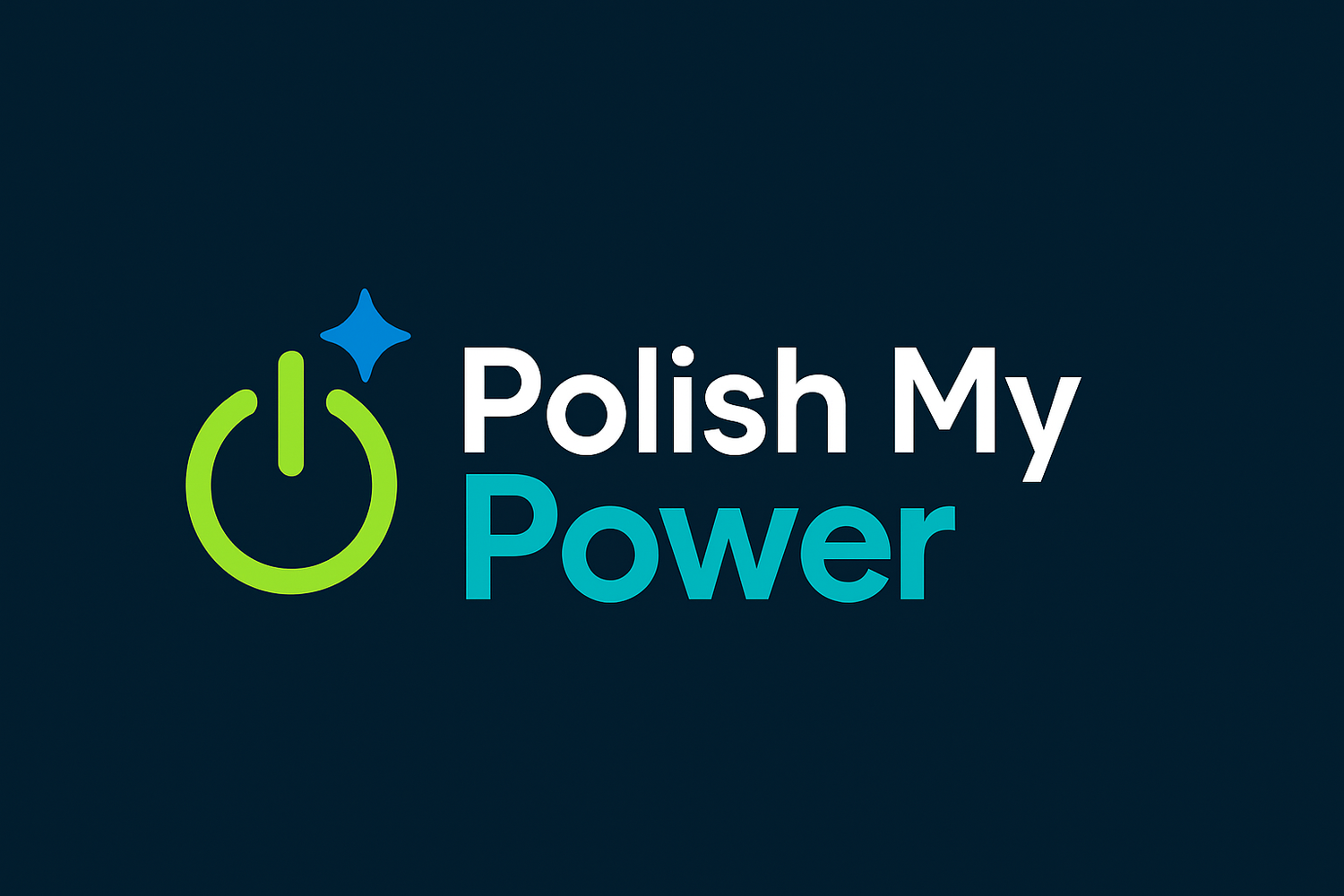Thailand Expertise (Power Sector Report July 2010 - JICA)
Power demand and supply outlooks
Institutional and regulatory frameworks (policy advice)
Generation mix and fuel security
Private sector participation (IPP/SPP/VSPP)
Renewable energy (Investment) and efficiency promotion
Cross-border power trade opportunities
Sector Overview
Governance & Regulation
Thailand’s energy sector is overseen by the Ministry of Energy (MOE) and guided at the highest level by the National Energy Policy Council (NEPC), a cabinet-level body chaired by the Prime Minister. The NEPC sets strategic direction, approves national energy development plans, and establishes tariff principles.
The Energy Policy and Planning Office (EPPO) serves as the NEPC’s secretariat, preparing forecasts, drafting strategies, and proposing Power Development Plans (PDPs).
The sector is regulated by the Energy Regulatory Commission (ERC), an independent body responsible for licensing, tariff approval, power purchase oversight, and reviewing system investment to ensure transparency and efficiency.
Market Structure (Single-Buyer Model)
Thailand operates under a single-buyer model. The Electricity Generating Authority of Thailand (EGAT) is the state-owned utility that owns and operates most of the country’s large-scale generation assets and the entire transmission network.
EGAT also acts as the system operator and principal power purchaser, buying electricity from Independent Power Producers (IPPs), Small Power Producers (SPPs), Very Small Power Producers (VSPPs), and imports from neighboring countries. EGAT then sells power to two state-owned distribution companies:
Metropolitan Electricity Authority (MEA): Serves Bangkok, Nonthaburi, and Samut Prakan.
Provincial Electricity Authority (PEA): Covers all other provinces.
MEA and PEA handle the distribution networks and retail supply to commercial, industrial, and residential consumers.
Private Participation & Renewables
The Thai government has steadily encouraged private participation in generation, particularly in renewables:
Independent Power Producers (IPPs): Large-scale private projects contracted to EGAT.
Small Power Producers (SPPs, 10–90 MW): Often cogeneration and renewable-based plants that sell directly to EGAT.
Very Small Power Producers (VSPPs, up to 10 MW): Sell renewable electricity directly to MEA or PEA.
Renewable energy producers benefit from incentive programs. Initially, this was through the “Adder” premium, later replaced by feed-in tariffs (FiTs), designed to promote solar, biomass, biogas, and wind generation.
Cross-Border Power Trade Opportunities
Thailand is both an electricity importer and exporter:
Imports: Predominantly hydropower from Laos, with additional flows from Malaysia.
Exports: Occasional sales to Cambodia, Laos, and Malaysia, typically for balancing and regional cooperation.
This cross-border trading strengthens regional integration and helps diversify Thailand’s energy mix.
